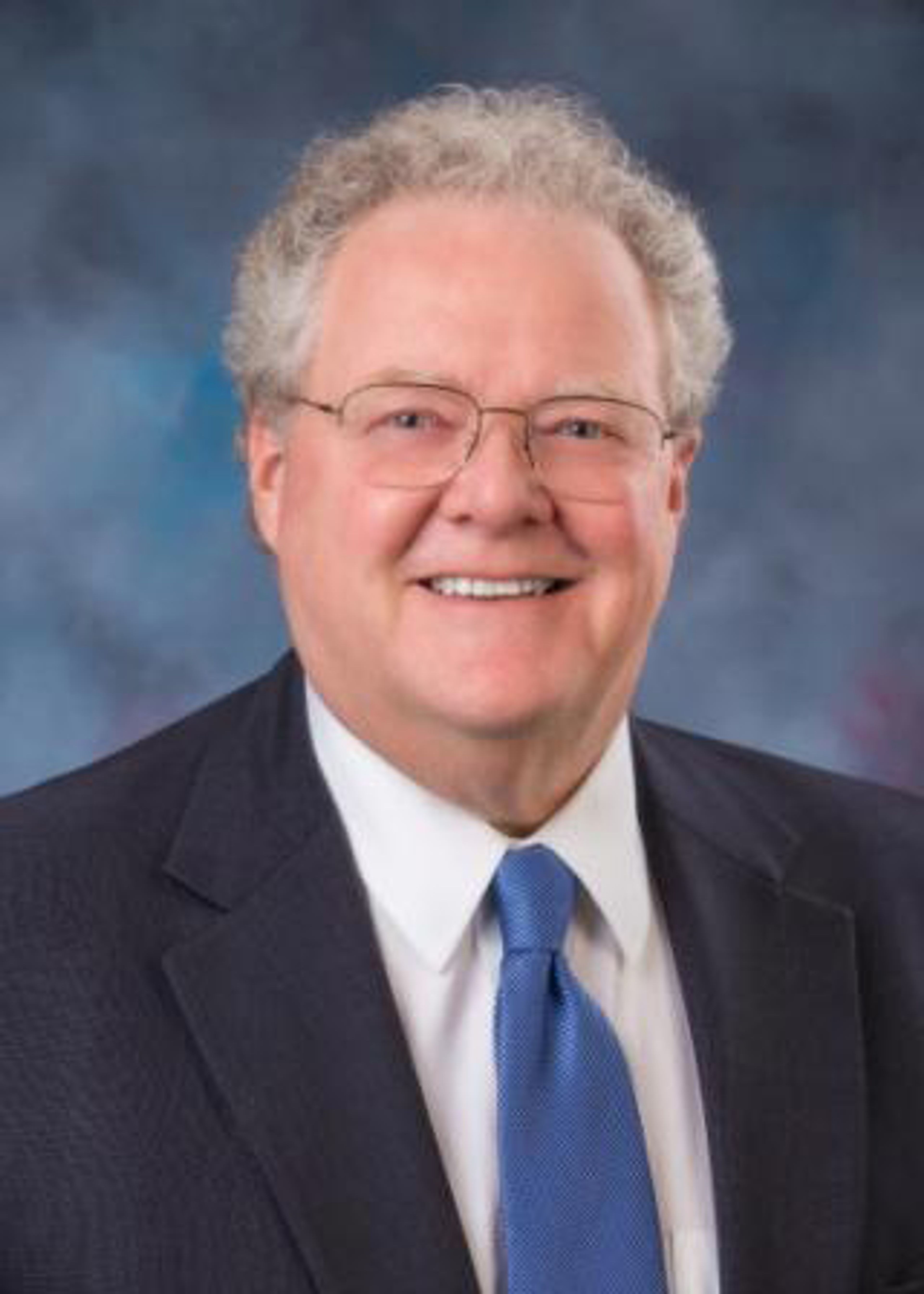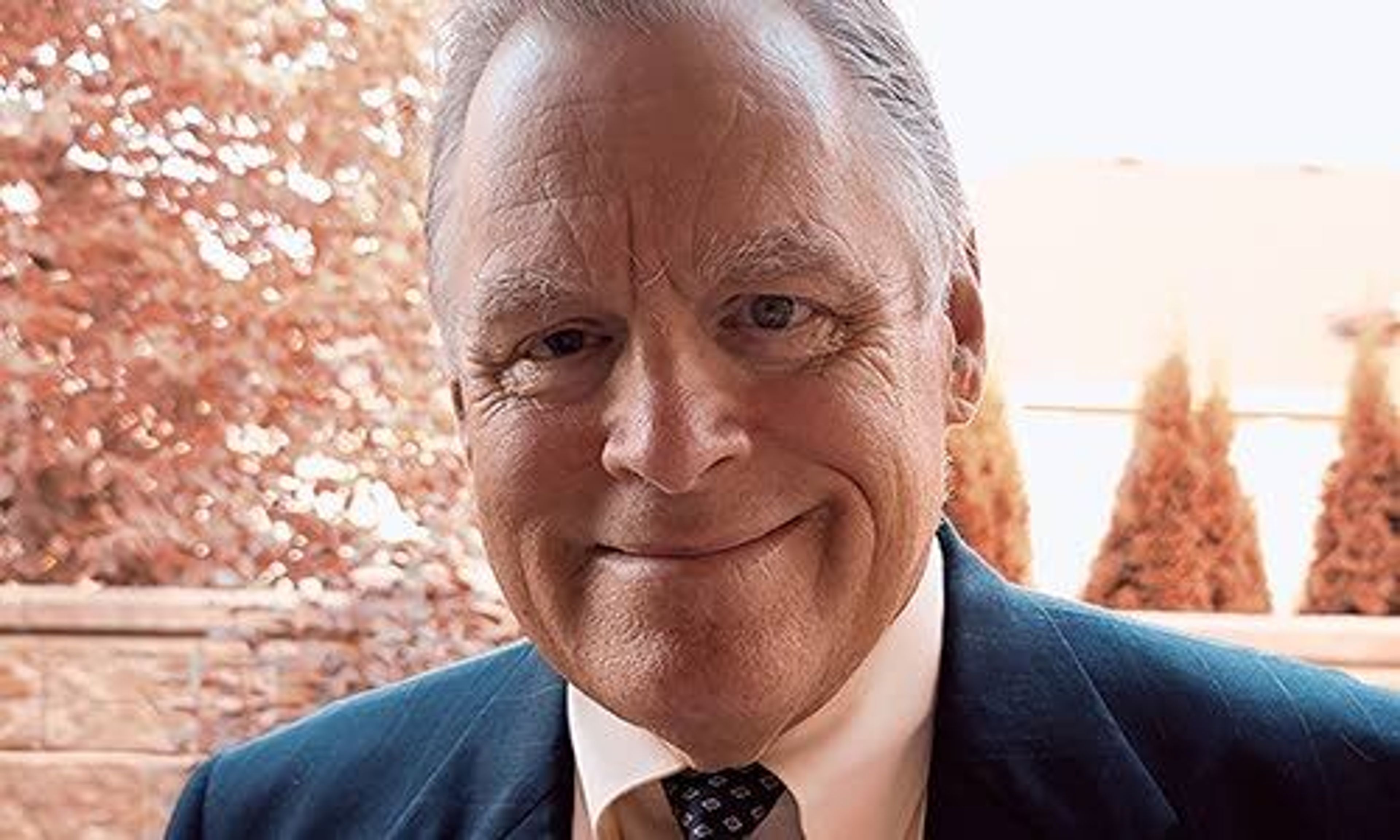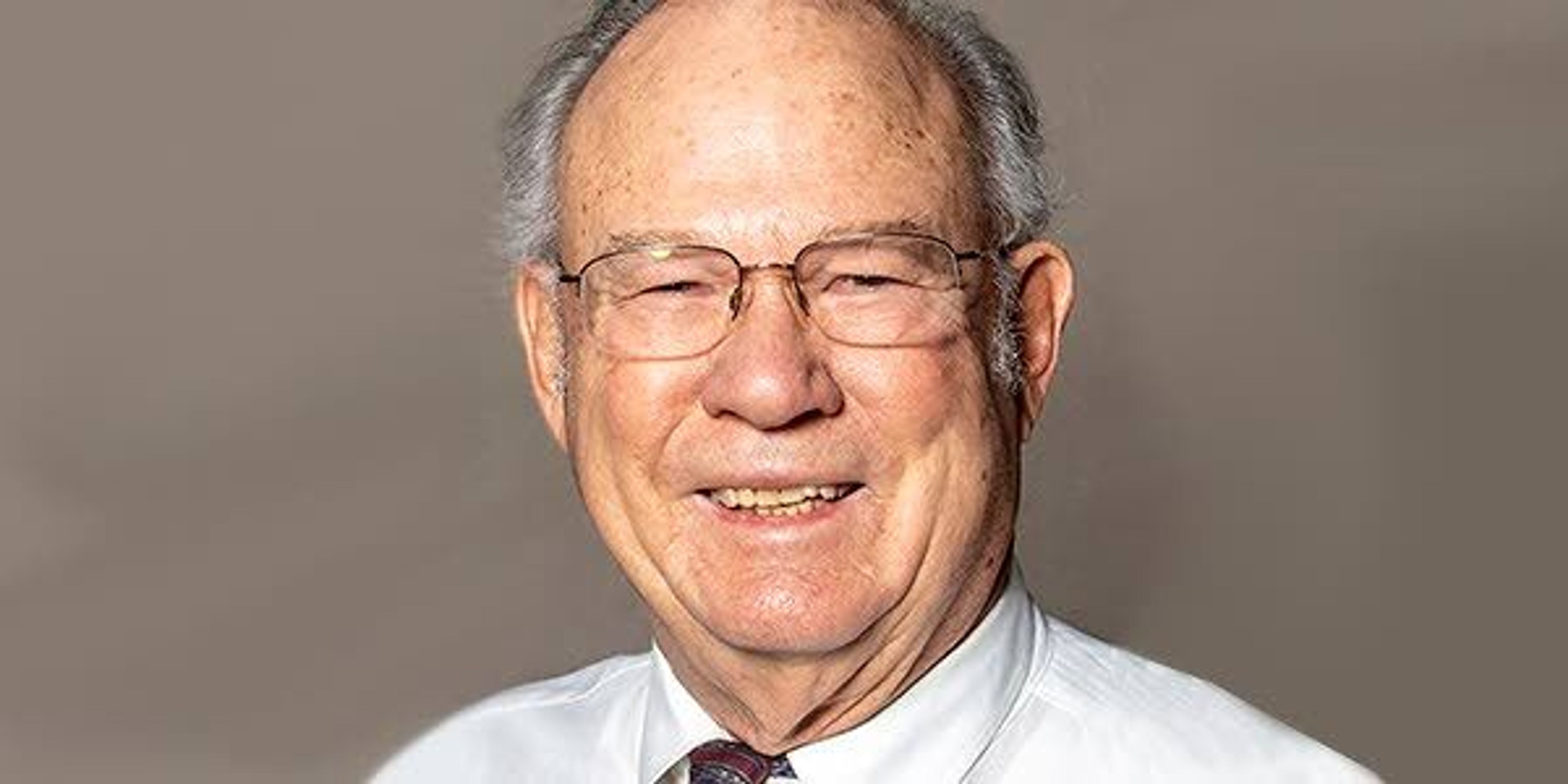You’d be hard-pressed to find a better fit for the Idaho State Board of Education than Gov. Brad Little’s latest pick — former state Sen. Shawn Keough, R-Sandpoint.
Slated to succeed outgoing state board member Don Soltman of Twin Lakes and formerly of Coeur d’Alene, Keough served 11 terms, setting the record for a female state senator. The bulk of that time was spent on the Joint Finance-Appropriations Committee, including a term as chairwoman, putting her at one nexus of education policy.
But Keough is from the Panhandle. North central Idaho needs its own seat on the state board. Traditionally the region has had such a voice on that panel. But three years ago, then-Gov. C.L. “Butch” Otter replaced Bill Goesling of Moscow, who has since joined the state House of Representatives, with Andrew Scoggin of Boise.
As a result, seven of the eight state board members — Emma Atchley of Ashton, David Hill of Boise, Linda Clark of Meridian, Debbie Critchfield of Oakley, Richard Westerberg of Preston and state schools Superintendent Sherri Ybarra of Mountain Home — reside in southern Idaho. All but Ybarra, who holds her seat by virtue of her office, are gubernatorial appointees.
With Westerberg’s term also ending, Little can correct Otter’s oversight.
He has every reason to do so.
Given the time demands and volume of work involved, no member from Boise, Oakley, Ashton or Sandpoint will have the ability to soak up the details, culture, economy and personalities that define a place that houses two of Idaho’s four-year degree-granting institutions. It’s more rural than much of the state. It has a different demographic. It sits on the border with Washington, which puts the region in an intense competition for educational talent.
As with their sister schools, the University of Idaho and Lewis-Clark State College both have relatively new administrators — President C. Scott Green at the University of Idaho and President Cynthia Pemberton at Lewis-Clark State College. To expect them to navigate the state’s political waters without a local contact on the board that governs education would be a distinct disadvantage not shared by their colleagues across the state.
It’s not just the region, its institutions of higher learning or public schools that would benefit from having a neighbor on the state board.
Each of his appointees on that panel is the governor’s eyes and ears on the ground. When there’s a hiccup — such as the fight over tailgating at UI football games — a local board member can serve as a conduit into local attitudes.
Likewise, a board member from Moscow, Lewiston, Orofino or Grangeville can serve as the governor’s ambassador to individual legislators. That could be valuable in a region where most of the Republican lawmakers are more enamored of the GOP’s right wing than they are of the current chief executive.
And let’s face it: Little owes this region a political chit.
Of course, he carried it in the 2018 general election against Democrat Paulette Jordan, as any Republican would.
But what mattered even more was Little’s ability to carry four of the five counties in the GOP primary against former Congressman Raul Labrador and Boise developer Tommy Ahlquist. Little got nearly 40.9 percent of the vote against 39.9 percent for Labrador and 19.9 percent for Ahlquist.
If the region had its way four years earlier, then state Sen. Russ Fulcher — who now sits in Congress — would have been the GOP nominee for governor and Otter would have retired. Fulcher carried three of the counties and collected 47 percent of the vote compared to 41 percent for the incumbent.
All of which may explain why Little offered the job to Lewiston School Board President Brad Rice earlier this summer. It’s a bit awkward because, as Idaho Education News’ Kevin Richert reported, Little has moved beyond the 38 people who answered his invitation to apply for the state board.
Given the demands of his young family, his business and the Lewiston School Board, Rice declined. But having knocked on the region’s door once, the governor can clearly do so again. This region is filled with talented people — both working and retired — throughout local government, public schools and higher education. At least one of them has the skills and the time to serve.
In this case, it would be a win-win. What benefits north central Idaho would be just as good for the governor. — M.T.









